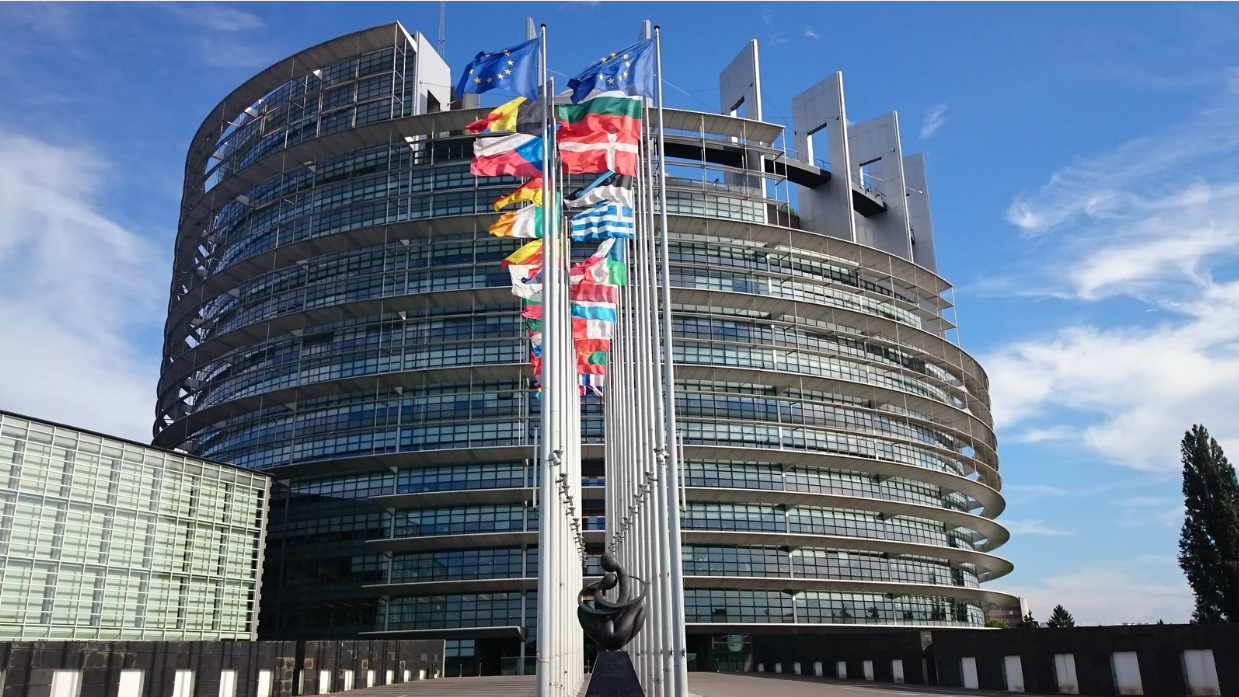The Research and Development (R&D) certification is a procedure that helps companies officially recognize their R&D projects. This certification, issued by the NKFI Office (National Research, Development and Innovation Office), not only provides professional credibility but can also offer tax and financing benefits. So, how does the process work, and why might it be crucial for a company?
Why is R&D Certification Important?
Several state and European Union grants are only available for projects that can be proven to qualify as research and development activities. The certification offers additional benefits:
✅ Tax Benefits – Companies can deduct R&D expenses from their taxable income, reducing corporate tax liability.
✅ Grant Opportunities – Certification helps companies access funding from domestic and EU sources.
✅ Investor Confidence – A certified R&D project can make a company more attractive to potential investors and partners.
How Does the R&D Certification Process Work?
The certification process is carried out by the NKFI Office, which, based on expert opinion, determines whether the submitted project qualifies as R&D. The procedure can be initiated in several ways:
- Pre-certification – This can be requested before starting the project, so that companies know in advance whether they will be eligible for support or tax benefits.
- In-process certification – The application can be submitted during the project’s implementation.
- Post-certification – Even after the project is completed, certification can be requested, particularly for tax benefits.
The company must submit a detailed project documentation as part of the certification request. Following this, the NKFI Office will conduct an expert evaluation and issue an expert opinion.
Types of R&D Certification
Companies can request certification in different forms, depending on whether it’s for a single project or multiple projects:
🔹 Project Certification – The assessment of a single project to determine whether it qualifies as an R&D activity.
🔹 Project Group Certification – If a company is running multiple R&D projects at the same time, they can request a joint certification for all of them.
Project Group Certification can be particularly beneficial for larger companies running multiple R&D activities simultaneously and wishing to obtain certification for all relevant projects at once.
How Much Does the Certification Cost?
The R&D certification procedure is subject to a fee. The cost for project certification is currently 83,000 HUF, while the cost for project group certification is 678,000 HUF. Additionally, if the company requests a proportion determination—i.e., wishes to determine exactly what proportion of the project consists of basic research, applied research, or experimental development—there is an additional fee of 20,000 HUF.
How Long Does Certification Take?
The certification process usually concludes within 30 days, but it can be extended by an additional 15 days in certain cases. The duration may vary depending on whether the NKFI Office requires further documentation or additional information.
Tips for Successful R&D Certification
🔹 Thorough Documentation – Well-prepared, detailed documentation increases the likelihood of the project being certified.
🔹 Preliminary Technological and Patent Research – It is helpful to demonstrate how the project’s novelty and technological advancement align with the current industry landscape.
🔹 Clear Timetable and Milestones – A structured and well-defined project plan supports the credibility of the certification request.
🔹 Consult Expert Opinions – If uncertain about the project’s eligibility, it’s advisable to consult with an expert in advance.
Summary
The R&D certification process officially acknowledges a company’s innovation activities and provides opportunities to access tax benefits, grants, and funding sources. The certification issued by the NKFI Office is an investment in the company’s future, potentially leading to long-term competitive advantages and financial returns.
Although the process can involve administrative effort, proper preparation and accurate documentation can save time and resources, making it easier for companies to access support and tax benefits related to their R&D projects.



